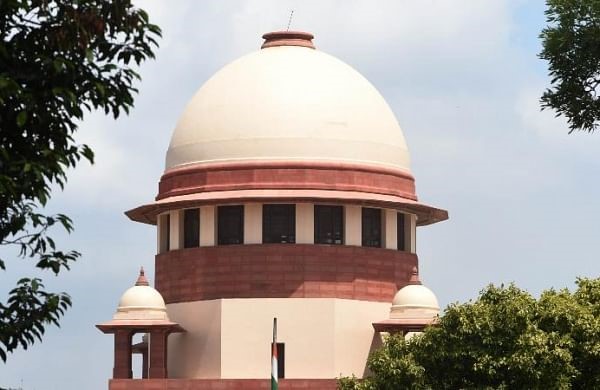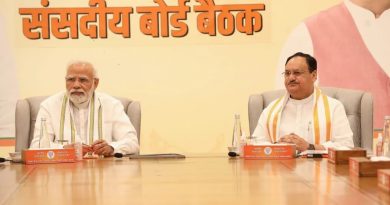Running Parallel Administration Has Become A Trend By Filing PILs
Running parallel administration has become a trend by filing PILs: Center In SC. It has become a trend to run parallel administration by filing PILs.
Defending in the Supreme Court its retrospective change in the appointment order of 2018 of Sanjay Kumar Mishra as director of the Enforcement Directorate (ED).
The central government on Tuesday said that by filing PILs by various organizations in relation to the appointments. Running parallel administration has become a trend.
Solicitor General Tushar Mehta, appearing for the Centre, told Justice L. Nageswara Rao and Justice BR Gavai that the committee headed by CVC had held a meeting and took cognizance of his tenure.
On this issue, he questioned the stand of the petitioner Non-Governmental Organization (NGO) Kaman Kaz. “We cannot rule out the possibility of filing such PILs for vested interests.
The respected forum of the court cannot be misused. These organizations exist as professional organizations for filing PILs. This is the third petition filed by this organization.
On his plea, the bench said, “Don’t you think that PILs are important to raise the voice of the people in a democracy.”
To this, Mehta said that there are some organizations whose purpose is to file public interest litigations.
Mishra, an Indian Revenue Service officer, was appointed as the ED director for a period of two years by an order dated November 19, 2018.
Later, through the order dated November 13, 2020, the period was reduced from two years to three years in his appointment order with effect from the previous date.
The NGO has challenged this order calling it unconstitutional and illegal.
On the other hand, the Supreme Court on Tuesday issued notice to the central government on the petitions seeking a fair investigation into the Pegasus espionage case and sought a detailed reply.
10 days have been given for this.
You can divorce wife, not children, Supreme Court said – you have to take care
The Supreme Court on Tuesday told a man that he can divorce his wife but cannot divorce his children. Along with this, the court ordered him to pay Rs 4 crore as a settlement.
The top court, in the exercise of the powers conferred under Article 142 of the Constitution, also allowed divorce by mutual consent of the couple, who have been living separately since 2019.
A bench of Justices DY Chandrachud and MR Shah said that other conditions between the couple would be followed as per the agreement.




